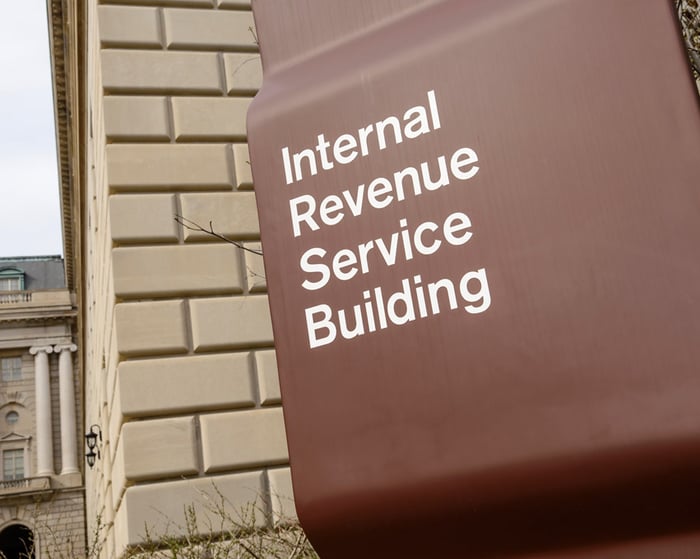Key Takeaways
- When these notices arrive, the seizure machinery is in motion.
When the COVID pandemic hit, the IRS stopped issuing the computer-generated “Final Balance Due – Intent to Seize” (CP504) notices. It also stopped issuing “Final Notice of Intent to Levy and Your Right to a Collection Due Process Hearing” (LT11). The IRS has been slow in restarting the notice-generation machinery. This has given many taxpayers an extended time to pay their back taxes without threat of enforced collection action. Levies and seizures were only used in severe situations – until recently.
Last year, we saw an influx of the computer-generated CP504 notices. This year we started receiving computer-generated LT11 notices as well. The LT11 provides taxpayers the right to file a timely appeal within 30-days of the date of the notice, and to request alternatives to enforced collection action. All taxpayers with unpaid (and unresolved) balances are at risk of enforced collection action once the LT11 is issued, whether their case is assigned to a Revenue Officer or to the IRS Automated Collection Service (ACS) division.
The Eide Bailly IRS Dispute Resolution and Collections team can respond to these notices and deal with the IRS collection process. Contact us.
Make a habit of sustained success.



